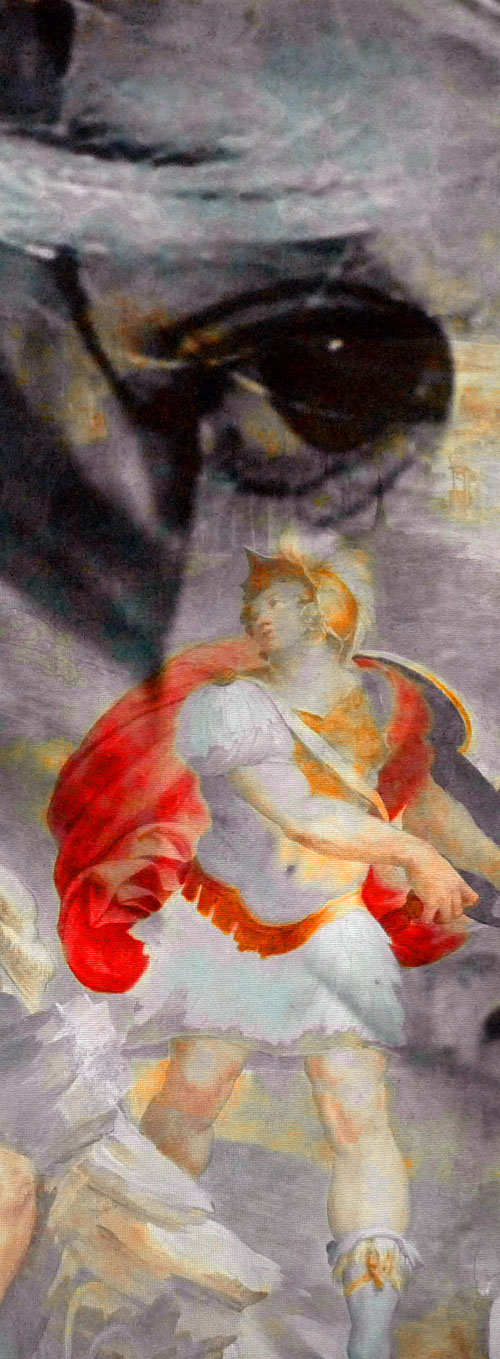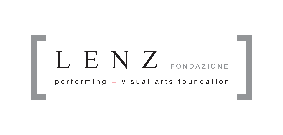This website uses cookies so that we can offer you the best user experience possible. Cookie information is stored in your browser and performs functions such as recognizing you when you return to our website and helping our team to understand which sections of the site you find most interesting and useful.

Lenz Refractions
![[cml_media_alt id='3675']maestros+pititto[/cml_media_alt]](https://lenzfondazione.it/wp-content/uploads/2014/11/maestri-pititto-300x182.jpg)
Büchner, Hölderlin, Lenz, Kleist, Rilke, Dostoevsky, Majakovkij, Shakespeare, Goethe, Grimm, Andersen, Caldéron de la Barca, Genet, Lorca, Ovid, Virgil, Manzoni, D'Annunzio: these are the authors that, from 1986, have marked the monographic and long-term projects of Lenz Rifrazioni directed by Maria Federica and Francesco Pititto. The recent projects of contemporary performative creations are the artistic outcome of an in-depth work of visual, filmic, spatial, dramaturgic and sonic research. Through an aesthetic convergence between the exegetical fidelity to the word of the text, the radical visuals of the filmic creations and the conceptual extremism and originality of the artistic installation, the work of Lenz Rifrazioni rewrites in visionary signs the philosophical tensions and the aesthetic anxieties of the present time.
Francesco Pititto, who directs together with Maria Federica Maestri, curates the translations, the dramaturgic rewriting and the imagoturgy of the works. The scenic installations and costumes are created by Maria Federica Maestri, recommended by the critics for her “dramaturgy of the material”, the system of visual signs that make up her very personal “design-acted”. The original music is written by Andrea Azzali, a musician experimenting with electronic processes and compositions.
Lenz expresses an artistic know-how recognized as one of the most original and rigorous of the Italian and European experimental theatre scene, being marked by a continuous work of research on the contemporary language. In the first phase of its creative journey, Lenz Rifrazioni revised the great classics of literature, re-transcribing into contemporary visions the poetic impulses of those texts.
In a more recent phase, the visual and plastic research is the centre of the poetic: the theatrical action wedges itself between the rewriting in images and the plastic creation of the space that demands recognition as an autonomous artistic installation. The performative act is enhanced by the exceptionality of the interpreters, artistic reagents to the creative text.








